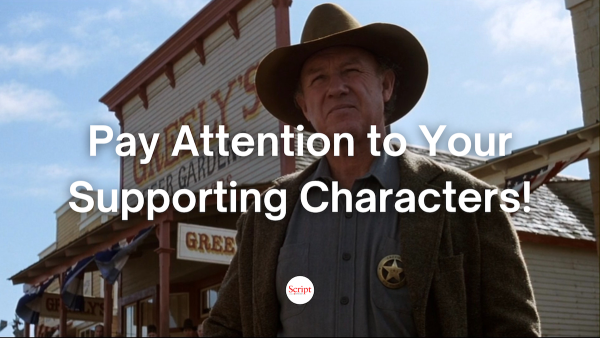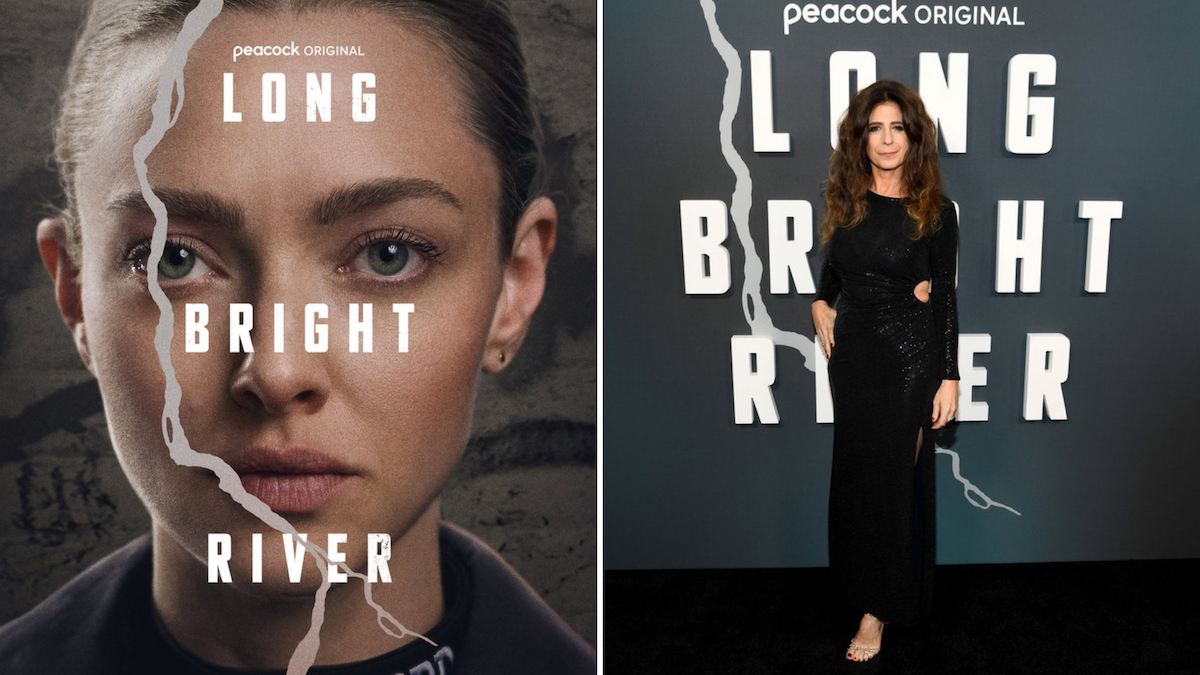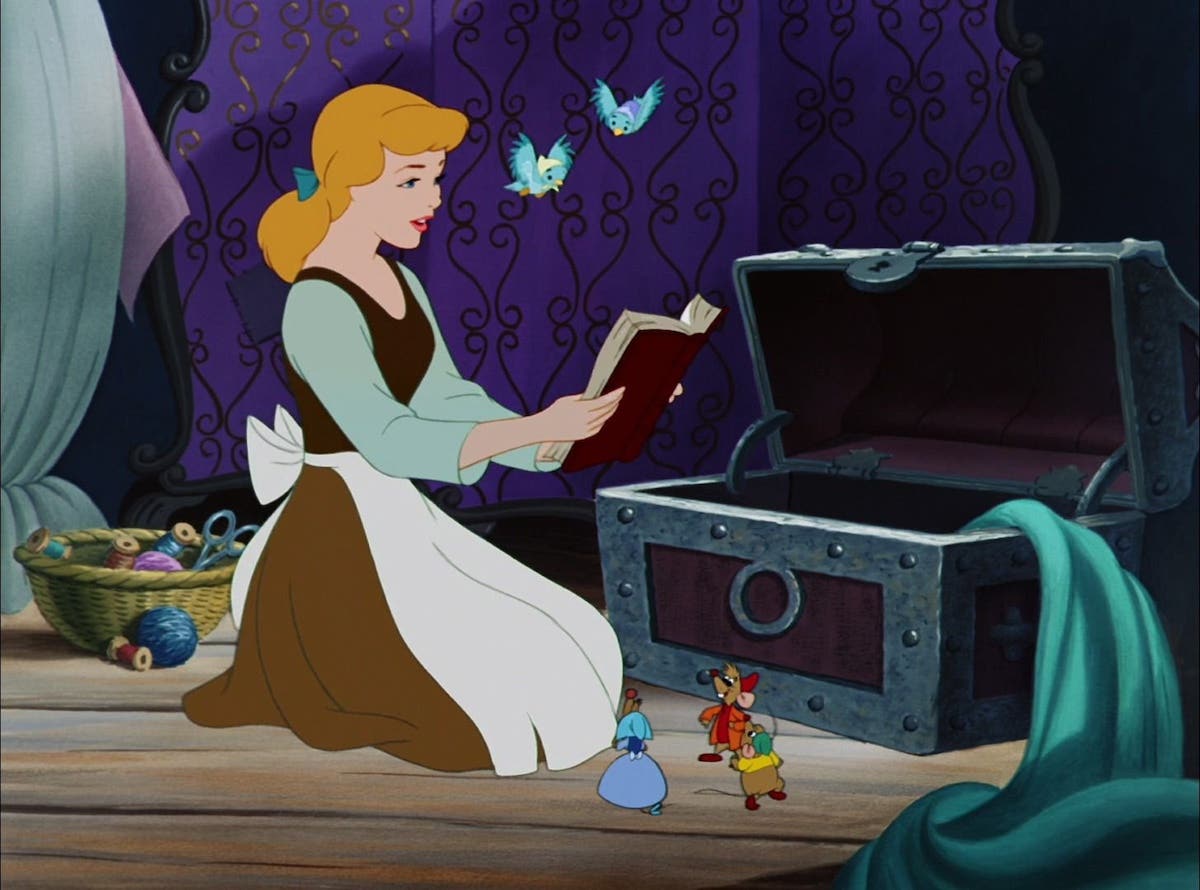MEET THE READER: Screenplay Premises – ‘It’s Complicated’
Although Ray Morton can sometimes admire the ambition of complicated screenplay premises, he rarely finds them to be successful or effective. He explains his perspective.
Although Ray Morton can sometimes admire the ambition of complicated screenplay premises, he rarely finds them to be successful or effective. He explains his perspective.
Screenplays are very good at being complex. Consider the scripts for such classic films as Citizen Kane, Casablanca, The Godfather, Chinatown, and Dog Day Afternoon, as well as more recent works like Django Unchained and Her – all of these screenplays have many, many layers to them: they all contain engaging narratives; compelling themes; pungent social and human commentary; stimulating philosophical and intellectual ideas; and effective symbolism. The movies made from these screenplays build upon (and enhance) these layers with additional strata of design, imagery and performances. The results are very rich pieces that reward viewers with new discoveries and experiences every time they are viewed.
Screenplays are much less good at being complicated.
There are several ways that screenwriters tend to complicate their scripts:
- Through the use of non-linear storytelling (tales told via a preponderance of flashbacks, flash forwards, parallel narratives, dream or fantasy sequences, or asides).
- By including multiple plotlines or an excess of subplots.
- By featuring a large cast of main characters – all with involved back stories, detailed journeys, and significant arcs -- as opposed to one protagonist and a cast of supporting characters.
- By telling a story set in multiple worlds (across numerous time periods, in both reality and a fantasy world, and so on).
These are all very common elements in a majority of the spec scripts that I read. Although I can sometimes admire the ambition of these complicated scripts, I rarely find them to be successful or effective. There are a number of reasons for this. The primary one has to do with the way cinematic storytelling is accomplished.
Mainstream movies are drama and dramatic storytelling is all about build: an event happens that leads to another event that leads to another event and so on and so on -- mounting in momentum and intensity until the narrative reaches a moment of climax and catharsis that impacts and/or moves an audience.
An effective build depends on there being strong cause and effect between the events in the story – Event A sets up Event B, which pays off Event A and then sets up Event C and so on. An effective build also depends on the audience – the readers of the script and later the viewers of the movie -- being able to clearly recognize and understand that cause and effect; on them being able to clearly grasp the content of the scene and it’s relationship to what has come before and what will come in the future.
So, in drama, build is everything and anything that gets in the way of that – anything that disrupts the story’s progression and momentum and that hampers the audience’s ability to comprehend the narrative’s cause and effect -- will dilute the story and lessen its impact.
All of the complications mentioned above can get in the way of the build -- if the narrative is constantly jumping around in time or if it is constantly being interrupted to accommodate flashbacks or asides, if the story keeps shifting its focus from one character to another; one plot or subplot to another; or from one world to another, then it will have a hard time building up any speed and make it very hard for the readers and viewers to keep track of the story’s cause-and-effect.
Complicated storytelling can be problematic in other ways:
- If the audience cannot understand the story’s cause and effect, then they will not be able to understand the story itself. And if they can’t, then the script will be a failure. It won’t matter how great your premise is, how compelling your themes are, how sharp your human or social observations may be, how cool your ideas are, or how effective your symbolism is, because if the audience can’t make heads or tails of the delivery system, then it will all be for naught.
- Complicated storytelling can keep readers and viewers from becoming sufficiently involved in the story. Because complications force the audience to put a great deal of their energy, attention, and focus into understanding how the story is being told, they often have less energy, attention, and focus to give to the story itself
- Scripts that tell complicated stories can be hard to grasp on a technical level. In a movie that tells a non-linear story or one set in multiple worlds, it is sometimes possible for viewers to keep track of the constantly shifting changes if the visual styles (production and costume design, cinematography, an so on) of the individual segments are distinctive enough. This is harder to do in a screenplay, in which no such indicators are available – words on a page all look the same and unless the narrative shifts are incredibly clear and precisely indicated (which, unfortunately, they are not in many of the spec scripts I assess) then the reader can quickly get lost. Likewise, in a movie with a lot of main characters, viewers can tell the characters apart because they all look different. This is much harder to do in a screenplay because the characters are just names on a page (usually without distinctive personalities since – because there are so many characters – there isn’t enough room to develop any of them sufficiently). This problem is exacerbated when (as is, for reasons I can’t quite figure out, often the case in specs) the characters have similar names: Ann, Anna; John, Jack; Doug, Don; etc.
For all of these reasons, I feel that the ideal form for dramatic storytelling is a single, linear narrative focused on a single protagonist that takes place in a single world.
Because such an approach provides for maximum clarity, which allows for the clearest possible cause and effect and thus leads to maximum build and maximum impact.
So, am I saying that you should never tell a complicated story or that it’s impossible to tell a complicated story well?
No, not at all.
What I am saying that if you do choose to tell your story in a complicated way, it’s a good bet that it is going to cost you something – some narrative clarity, some audience understanding, or some audience involvement. Be sure it’s worth it. (In an example I’ve used before, it might be argued that the pleasures of the intellectual puzzle that is The Usual Suspects are worth the hard-to-follow story and a lack of emotional engagement with its characters. The same is not true of Casablanca.)
What I am saying is that – like all narrative gimmicks – if you choose to employ a complicated narrative structure, make sure that it is absolutely vital to the story you are telling and not just because it is fashionable or trendy. (The mixed-up chronology of Memento is a direct reflection of its protagonist’s addled memory. The out-of-order sequencing in Man of Steel is narratively pointless.)
What I am saying is that if you do choose to tell a complicated story, be sure that you execute it perfectly – with maximum precision and clarity -- so that you don’t lose your reader (or your viewers).
*****
Check out my new books A Quick Guide to Television Writing and A Quick Guide to Screenwriting. Both are handy primers to the art, craft, and business of writing for the big and small screens.
Copyright © 2014 by Ray Morton
All Rights Reserved
No portion of this article may be copied, reprinted, or reposted without the permission of the author
However, feel free to link to this piece to your heart’s content
Related Articles:
- More Meet the Reader articles by Ray Morton
- Ask the Expert: How to Sell Your Small Town Story
- Concept is King
Tools to Help:
Ray Morton is a writer and script consultant. His many books, including A Quick Guide to Screenwriting, are available online and in bookstores. Morton analyzes screenplays for production companies, producers, and individual writers. He can be reached at ray@raymorton.com. Twitter: RayMorton1





